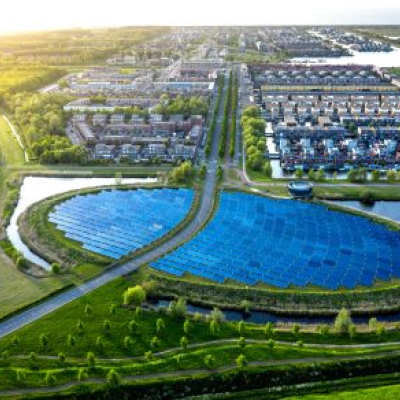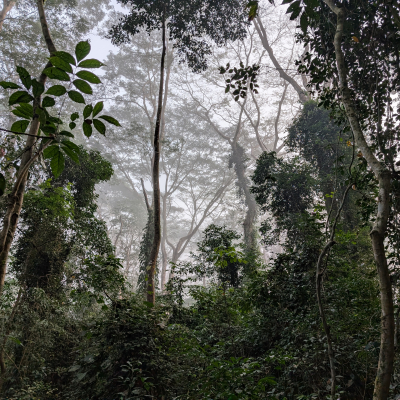The Deputy Executive Director of the United Nations Environment Programme, Ibrahim Thiaw, reminds us - as underlined at Rio+20 in 2012 - that the goals of the post-2015 development agenda need, at their very heart, to be sustainable. How can organisations like UNEP help to forge this into reality?
The Millennium Development Goal Target 1.A, “to halve, between 1990 and 2015, the proportion of people whose income is less than $1.25 a day” was met five years ahead of the 2015 deadline. The global poverty rate at $1.25 a day fell in 2010 to less than half the 1990 rate. 700 million fewer people lived in conditions of extreme poverty in 2010 than in 1990.
However, at the global level today, 1.2 billion people are still living in extreme poverty, and huge disparities are seen between rich and poor in many developed and developing countries.
“It will be much harder to take the bottom billion up rather than ‘removing the cream’, who have been lifted out of poverty,” commented Ibrahim Thiaw to capacity4dev.eu at the recent European Development Days.

“How can we lift the bottom billion out of poverty without further depleting the environment, without depleting the water resources, without damaging the forests? This is the fundamental question,” he said.
UNEP is advocating that in order for the new goals for the post-2015 framework to be meaningful, transformative and responding to future challenges, they will need to be built on sustainability.
For this, an integrated approach to the three main pillars of sustainable development is required, “where you do not see a dichotomy between the environment, social and economic, but you see them intertwined, like DNA,“ said Thiaw.
“Until we are able to frame the discussion and the goals around that integrated approach we will not be saying, as UNEP, that we have succeeded,” he continued.
Thiaw cited the example of cities, both developed and developing, that suffer under debilitating air pollution.
“There is no way in the world you can buy clean air,” he said. “Money is not sufficient to say that you have a good quality of life – you also need a clean environment, clean water and clean air … with the right policies and the right norms and standards that are set by UNEP, pollution would be reduced and human well-being will improve.”
Thiaw reminded that UNEP itself is not a negotiator; what it does is bring scientific data, analysis and environmental information to member states and world leaders to inform and support their decision-making.
For example, in 1988, the UN set up the joint panel between UNEP and the World Methodological Organisation known as the Intergovernmental Panel on Climate Change (IPCC). Through conducting studies and scientific analysis, the IPCC has identified the scientific facts of climate change and brought them to the world’s attention, in particular by monitoring the gap between what is being done and what needs to be done to control global warming, in the Emissions Gap Report.
It is also developing Adaptation Gap Reports. Both the Emissions and Adaptation Gaps are widening.
The IPCC has also set up processes demonstrating that other polluting substances, such as black carbon and nitrous oxide, need to be considered in climate change negotiations. It attempts to link different conventions: the Climate Change Convention with the Montreal Convention on Ozone, drawing attention that these and other substances need controls.
“What remains to be done is to come up with solutions,” said Thiaw.
He sees ‘some progress’ in climate change negotiations, and hopes that by the Paris meeting scheduled in 2015, member states will agree to a new text to synchronise with the post-2015 sustainable development goals.
“You cannot achieve sustainable development unless you address climate change,” he stressed.
At the EU DevDays, Thiaw was part of the ‘Poverty Eradication & Climate Change: Friends or Foes?’ Panel , which included discussion on the financing of climate change. He promoted the opportunities for green economy and job creation in both the public and private sectors.
“If you improve your investments in transport, you make jobs; if you improve your renewable energy solutions, you create new jobs; when you change your lighting systems and make them more efficient you create new jobs,” he pointed out.
But he cautioned again that social, economic and environmental aspects must be considered together.
“Any country, be it developed or developing, that thinks ‘business as usual’ is possible is a government that is setting itself to trouble,” he said.
This collaborative piece was drafted with input from James Morris, CleoVerkuijl and Laura Giappichelli with support from the capacity4dev.eu Coordination Team.





Log in with your EU Login account to post or comment on the platform.